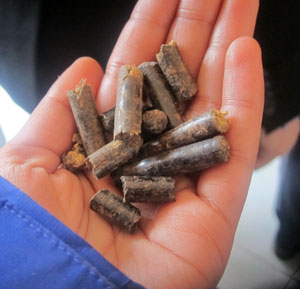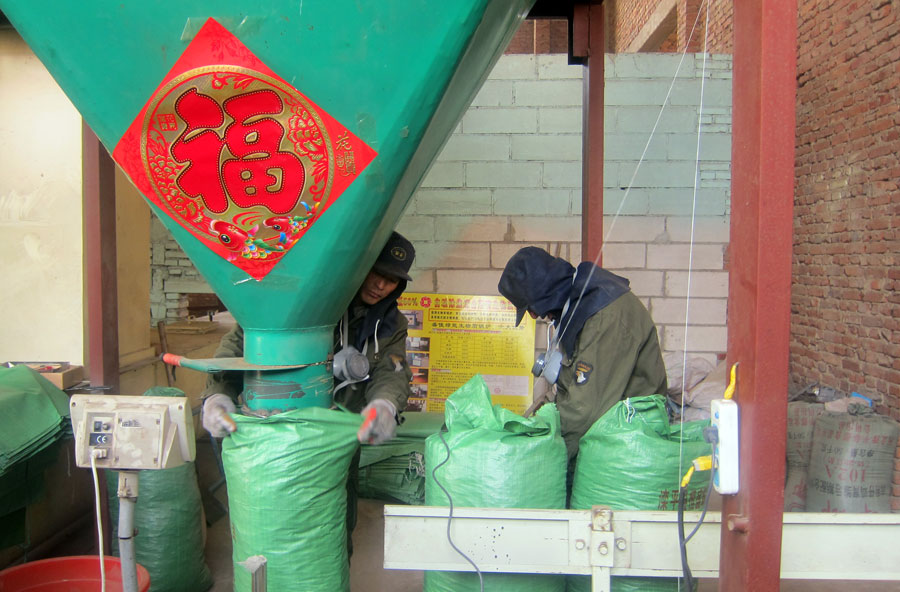China Hosts Study Tour and Policy Roundtable on Improving Global and Local Pellet Manufacturing
As part of global efforts to enhance production of more efficient cooking fuels, China hosted two events focused on expanding the marketing and production of pellets.
The China Pellets Study Tour brought together a group of international entrepreneurs to observe Chinese pellet manufacturing facilities and take a first-person look at their supply chain – from fuel sourcing to equipment operations to fuel use in Chinese rural households. Co-hosted by the Alliance, US Environmental Protection Agency, Winrock International, the Chinese Ministry of Agriculture and Chinese pellet manufacturer Aoke New Energy Technology, the Tour enabled participants to identify opportunities in their own processes to improve the quality of their pellets and/or technologies, have a better understanding of logistics, feedstock management and best practices, and take back with them ideas for new approaches to apply to their own business models. Exchanges between the international participants and local Chinese producers demonstrated a number of common challenges including storage and collection, cost of the products and the labor, competing with cheaper but dirtier fuels, and similar value placed on performance and quality. Participants will be providing follow up reports highlighting actions and results 3 and 6 months after the tour as well as asked to share their experiences within their networks.

In a format not traditionally used in China, attendees broke into groups anchored by province leaders to discuss challenges, solutions and opportunities for each province across the value chain. There was agreement by all that the biomass pellet industry in China remains small scale and as a result, quality remains highly variable and the cost uncompetitive with coal or freely collected biomass. A consolidation and scaling of the industry would result in lower production costs, greater competitiveness against dirtier fuels, and more consistency in quality, and ultimately cleaner fuel.
The Alliance plans are to continue to work with the Ministry of Agriculture and local provincial leaders to further identify actionable steps to create the forward momentum to scale. The barriers and challenges constraining scale of the pellet industry can only be addressed through policy and business model design throughout the value chain. This includes the need to resolve the debate about the cleanliness of pellets vs. coal that still exists among China’s policymakers, defining a clear market target, agreeing on how financial support will be designed and delivered, in order to create incentives for producers to invest in achieving scale efficiencies and quality improvements.

